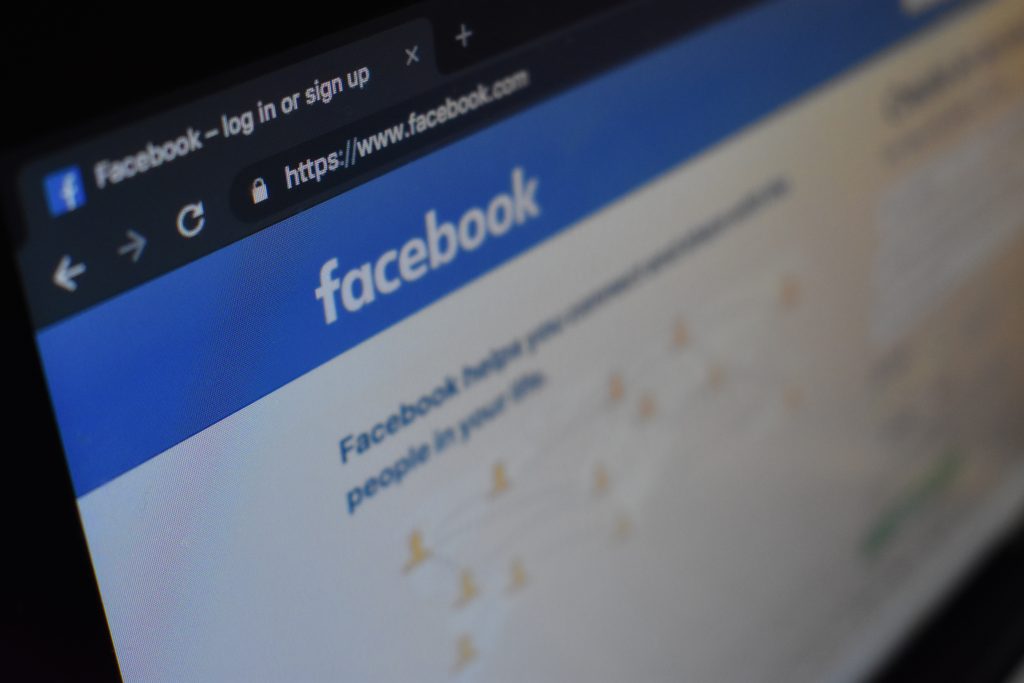
It is difficult to deny that the enormous amount of power and influence the big four tech companies (Amazon, Apple, Google and Facebook) hold over the market and over our lives. These companies are some of the largest corporations in the world, by share of market capitalization, and as of July were ranked 2nd, 3rd, 4th and 5th largest corporations by market capitalization. Combined they are worth more three trillion dollars.
Calling these companies “too big” doesn’t even begin to grasp the enormity of their influence. Google accounts for more than 90% of web searches. Facebook alone accounts for 70% of all social media users worldwide, not including Facebook’s other social media platforms like WhatsApp and Instagram.
The ramifications of the staggering level of control these companies enjoy have been deeply troubling for many people. As Matt Stoller of the Open Markets Institute recently wrote in the Guardian “No society has ever centralized control of information as we have in big tech”.
It’s no surprise then that these companies are now the subject of several state and federal anti-trust investigations and many activists, experts, entrepreneurs, and politicians, including Democratic candidate Sen. Elizabeth Warren and Facebook’s own co-founder, Chris Hughes, are calling for these tech giants to be broken up. This call should be welcomed, and but breaking them up is not enough.
The amount of power and influence the big four have been able to amass can only be prevented by democratizing the internet and the digital economy.
Perhaps one of the most concerning issues related to the growth of these tech giants is what it has meant for our privacy. Facebook, in particular, has been in the spotlight over its abuse of users’ personal information ever since the Cambridge Analytica scandal broke last year. Facebook collects untold amounts of data from its users, and even from users of other apps not connected to Facebook, with the purpose of selling targeted advertisements. In effect, Facebook’s entire business model is based on surveillance.
As Forbes writer Zac Doffman pointed out earlier this year “Facebook has built a business where it supplies convenience and functionality in return for data exploitation”. The centralization of personal data in the hands of a single for-profit megacorporation should be deeply concerning for anyone who values their privacy.
But it’s not only the theft of your personal data that is deeply troubling. Google and Facebook are also major sources of information, and this has had deeply concerning implications for our democracy. Facebook and Google have effective control over the flow of information online. Media outlets today are dependent on Google and Facebook to reach their audiences and are at the mercy of their algorithms. Much has already been written about how Facebook and Google have helped fuel the growth of conspiracy theories and fake news, but this is to be expected from organizations whose primary goal is to maximize profits.
And let us not forget the myriad of other scandals and problems these tech giants have presented, including labor abuses, Tax evasion, exacerbating the housing crisis in places like San Francisco and Seattle, and contributing to worsening income inequality, among others.
The immense power and influence these tech giants hold must be dealt with. Breaking up these giants would be a good start and would help break the stranglehold they have over information, however that’s not enough.
Breaking these massive businesses into smaller businesses would be a good start, but it is less important to make markets more competitive than it is to ensure that technology is used to better our lives. This means we need to think more about shrinking markets, not expanding them, and about democratizing the economy.
To do this we need to embrace new forms of public and cooperative ownership. Only by taking control of the technology away from billionaires and putting it in the hands of the people can we ensure its use for social good. New ideas and models of organization will be needed to do this, but some promising ideas have been proposed.
Professor of media studies at the University of Colorado Boulder, Nathan Schneider, has proposed that Facebook should be reorganized as a user-owned cooperative association of “diverse, interoperable social networks.”
Another option would be to bring Google and YouTube could be brought under public ownership and treated as utilities. By reducing the role of the market, we can make it possible for technology to be used for positive social goods, rather than enriching a handful of Silicon Valley billionaires.
These mega-corporations cannot continue to control something as important to our daily lives as technology. Breaking them up would be a start, but ultimately, they need to be brought under our control.
